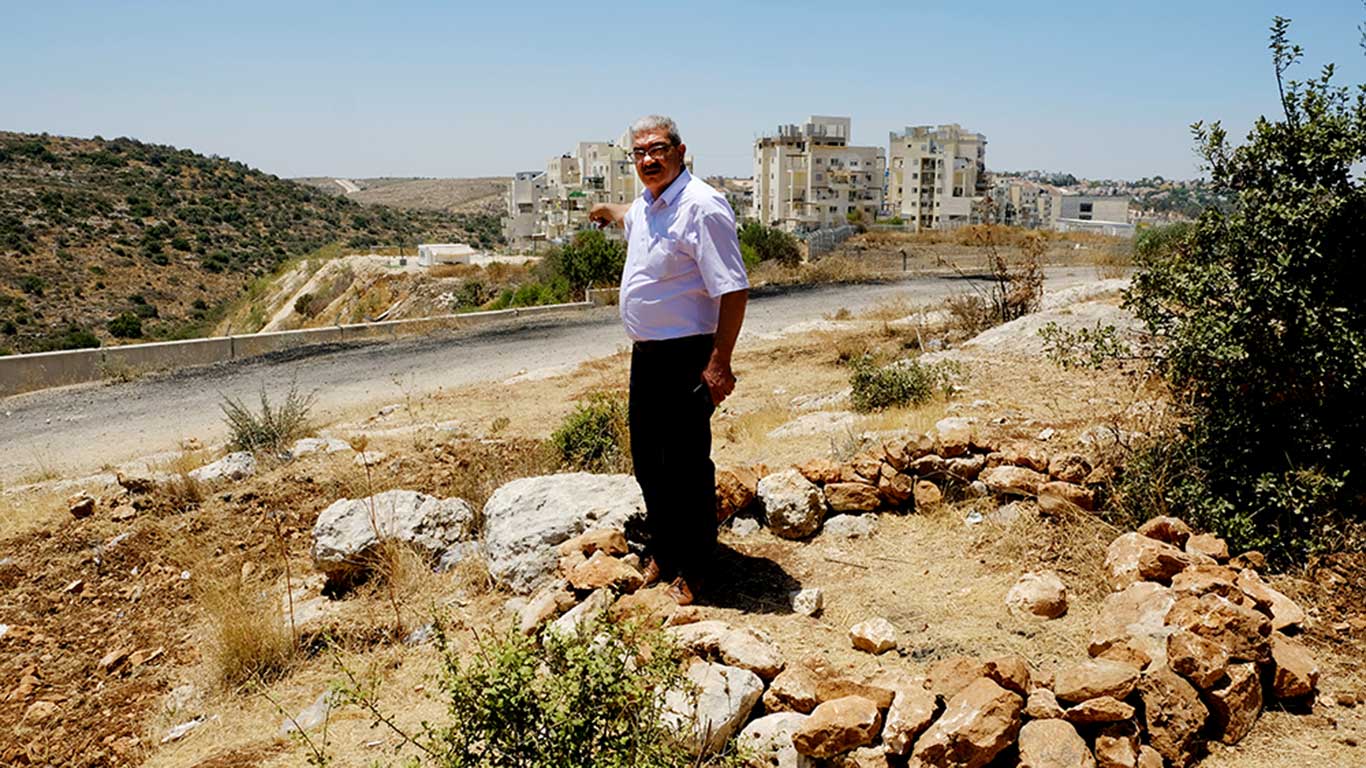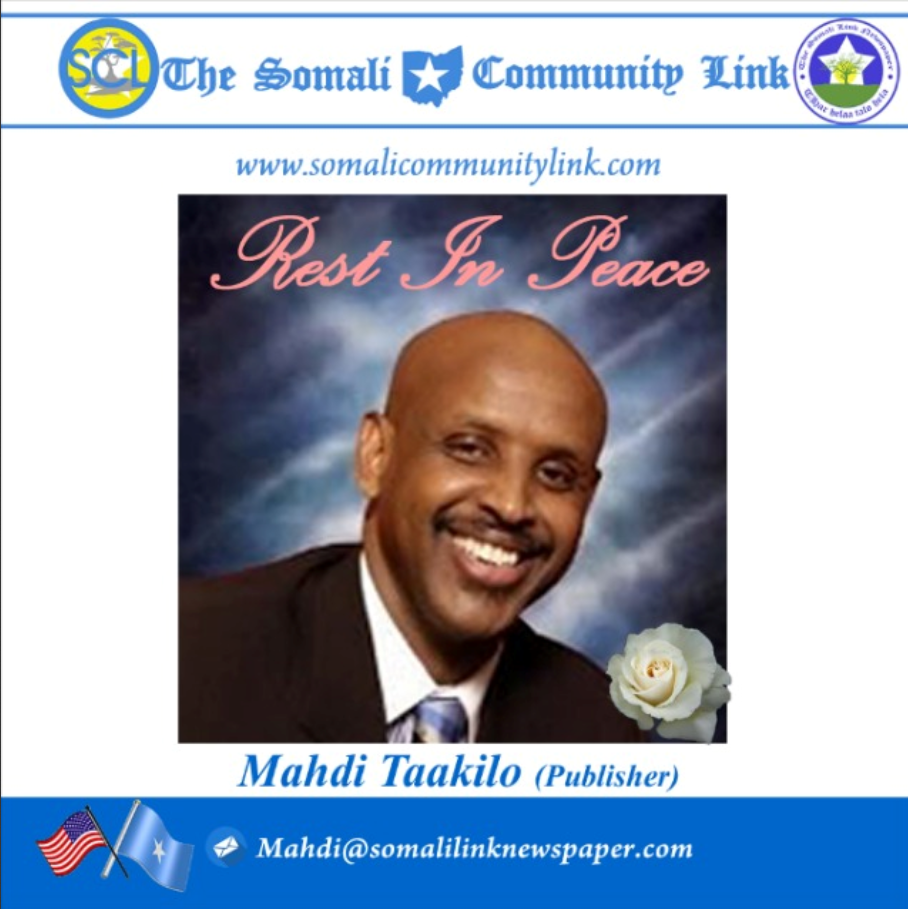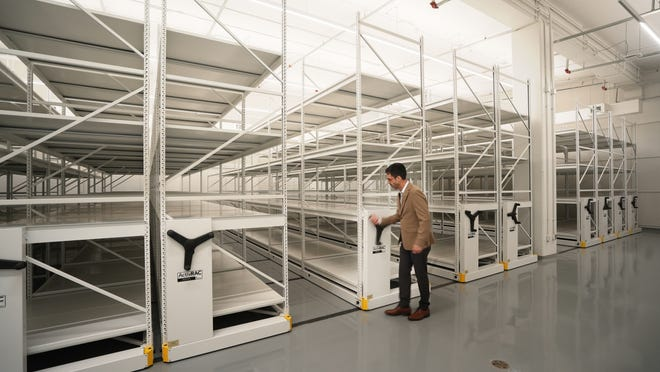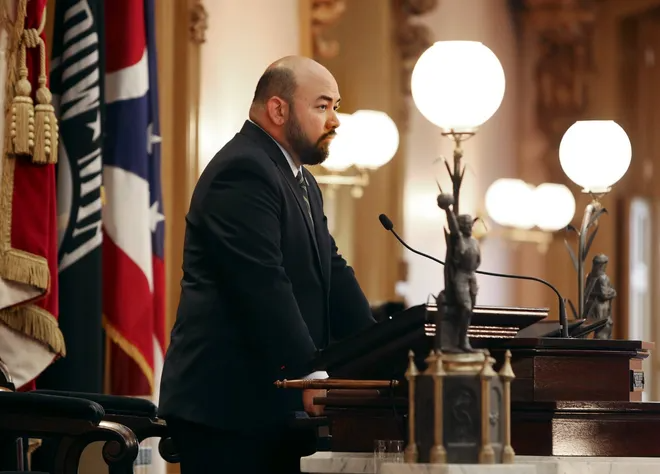During the days of fighting in the Gaza Strip, residents of the villages of Bil’in and Kafr Ni’ma held several demonstrations in protest of the war in Gaza, the violence at the al-Aqsa Mosque, and the planned evictions in the East Jerusalem neighborhood of Sheikh Jarrah. In the first two demonstrations, on 10 May 2021 and 15 May 2021, soldiers standing on the other side of the Separation Barrier west of the village fired live ammunition at the protesters as soon as they reached the barrier and dispersed the demonstration from the very beginning. In the protest held on 15 May 2021, soldiers also used rubber-coated metal bullets and tear gas canisters, injuring a 14-year-old boy in the leg with live fire.
On Tuesday, 18 May 2021, a third demonstration took place. At around 4:00 P.M., about half an hour before the convoy left the village center, a group of about 15 to 20 villagers, mostly children and teens, came to an area by the Separation Barrier. Some of them brought tires to burn during the protest, while others threw stones with a slingshot at two soldiers standing on a hill on the other side of the barrier, about 100 to 150 meters away from them. One of the soldiers fired a tear gas canister at the youths and fired in the air. Several officers stood about 150 meters north of the two soldiers, near a military jeep.

Furthermore, in front of the area where the protesters were standing, about 20 to 30 meters away from the Separation Barrier, stood a tent where two soldiers were hiding. At around 5:00 P.M., when the first protesters from the village center arrived in the area, the two soldiers suddenly emerged from the tent. They immediately opened fire at a group of four protesters who were about 40 meters away from them. Some of the protesters dropped to the ground, and others hid behind trees. A few seconds later, the protesters got up to throw stones at the soldiers who came out of the tent, and then one soldier fired at them, hitting Islam Dar Nasser (16), who was masked, in the back of the head.
Several protesters tried to evacuate Dar Nasser, but the soldier continued firing at them. He was evacuated only after a few minutes to an ambulance standing a few hundred meters away. Dar Nasser was rushed to hospital in Ramallah, where doctors performed CPR on him, transferred him to an operating room, and pronounced him dead about an hour and a half later.
The soldiers the military had placed in the ambush used live fire even though the protesters posed no danger. They initially fired at residents who were throwing stones at other soldiers from a great distance without endangering them, and, after being exposed, fired at 16-year-old Islam Dar Nasser, who was throwing stones from about 40 meters away, without endangering any of their lives.
Placing soldiers in ambush – a few dozen meters on the other side of the Separation Barrier – and using lethal live fire against stone-throwers is not a legitimate course of action. The fatal shots at Dar Nasser’s head were also illegal, as live fire is permissible only in cases where there is a real and immediate danger to life and when other means of removing it have been exhausted. The shooting in this case is but another expression of the Israeli military’s open-fire policy in the Occupied Territories, in which any threat, real or imagined, is met with deadly live fire. According to media reports, an MPIU investigation has been launched. Yet, as B’Tselem has learned from years of experience, this investigation will wind up drawn out and shut down, as its purpose is whitewashing the killing and its result is the continued lethal firing at Palestinians.
A.Y, a 19-year-old resident of Bil’in, came to the area of the demonstration at around 4:30 P.M. In a testimony he gave B’Tselem field researcher Iyad Hadad, he described what happened next: :
I sat with a group of about 15 youths and waited for the protesters. At around 5:00 P.M., the first protesters started coming to the area above us, and then we went up to the barrier. I saw Islam there with a group of young guys and children but didn’t recognize him because his head was covered with a shirt. They were throwing stones with their hands and a slingshot at soldiers standing on the hill, but none of the stones reached them because they were 100 to 150 meters away. I also saw a tent under a large tree, beyond the barrier, about 30 meters south of the children. There are usually soldiers in this tent who disperse the protesters, but it was closed and didn’t seem to have soldiers in it.
About 15 minutes later, I was with Islam and two other young guys about 15 to 20 meters away from the fence. One of the soldiers on the nearest hill was moving his rifle from side to side. Suddenly, I heard S., one of the young guys who were with me, shouting, “Ambush! Ambush! From the tent!”. He barely finished talking, and immediately several shots were fired in a row by two or three soldiers who suddenly came out of the tent. Some of us hid behind the trees, and others dropped to the ground. Islam and S. were five meters away from me, towards the tent. The soldiers were in a lower place than us, so they couldn’t hit anyone lying on the ground.
After the first burst, the shooting stopped for a few seconds. Islam and the others apparently thought that the soldiers had returned to the tent, and they got up. Suddenly, the soldiers near the tent fired a bullet that hit Islam’s head from behind. He fell down right away, didn’t make a sound, and didn’t move.
In a testimony he gave B’Tselem field researcher Iyad Hadad on 26 May 2021, S.S. (23), a resident of Bil’in, recounted what happened that afternoon:
When Islam was killed, I was by his side. We were four young guys. We stood about 20 meters away from the barrier. At 5:15 P.M., I saw two soldiers leaving the tent beyond the barrier. I started shouting, “Ambush! Ambush!” to warn the others so they’d have time to escape. The soldiers fired two or three shots, and we all dropped to the ground or hid behind the trees. Then we got up to throw stones at the soldiers, and then one of the soldiers fired two more consecutive shots. At that moment, Islam was in their firing range, but he didn’t see them. He was hit in the head from behind and fell without making a sound. I heard him taking one deep breath and then his body went limp.
I dropped to the ground again and crawled over to him to pick him up and take him to the ambulance, but the soldiers fired again. The soldier on the hill also fired at the protesters and at us to stop them from advancing. His bullets hit the rocks next to us. After a few minutes, the shooting stopped, and I could come near and pick up Islam. I carried him in my arms because he didn’t weigh much. I was on the verge of a nervous breakdown, and after a few steps, other guys took him from me. I didn’t go on with them since my legs gave out because I was so scared and confused. They took Islam to an ambulance, and I fell to the ground and burst into tears. Several guys continued confronting the soldiers, and they continued firing intermittently, only live fire.
In a testimony she gave B’Tselem field researcher Iyad Hadad, Islam’s mother, Janat Dar Nasser (36), recalled:
On the night before the protest march, Islam asked me if I’d attend. I didn’t want to disappoint him and answered we would go for sure. He loved participating in these marches because he’d see friends, and they’d spend time together. That night, Islam spent time with us until late and woke up the next day at 10:00 A.M. He came to the kitchen and helped me make breakfast. He loved cooking and especially making French fries that he and his little brothers like. One of his dreams was to become a famous chef. He always asked me to call him Chef Islam. I was happy about that, and it made me laugh a lot because boys his age always want to become ordinary things like doctors, engineers, pharmacists, and accountants. It’s rare to hear of someone like him dreaming of becoming a skilled chef. After breakfast, he wanted to help me clean up, but I refused and asked him to go get ready for his final exams.
Islam pressured me to leave early for the march, and in the end, he left the house at 2:30 P.M. Around 5:00, while the kids and I were getting ready to leave for the march, my brother Rani’s wife arrived. Rani has been suffering from partial paralysis since the Israeli military wounded him during a protest in 2000. She was confused and worried and asked me to help her prepare his wheelchair and car because he wanted to get to Ramallah quickly. I suspected something was wrong and pressured her to find out what happened exactly. I had a feeling that something bad had happened to Islam or someone else in the family. But she wouldn’t tell me.
While we were preparing the wheelchair, my nephew Mahmoud (12) arrived. He was crying and said that Islam had been hit in the head and that he’d been taken to a hospital in Ramallah. I went into shock. I started screaming and crying, “My son Islam, my darling. What happened to you? Where are you? God save you, my son. God have mercy. I have nothing but him in the world.”
Janat drove to the hospital with a relative, where she waited to hear about her son, who was in the operating room. In her testimony, she further recounted:
At around 6:30-7:00 P.M., Islam was transferred to the ICU. While I was waiting for reassuring news about his condition, I was informed that he had been killed. I collapsed. I felt like I was blacking out. The doctors and my family gave me sedatives, and I slowly came to.
I said goodbye to my son in the cold chamber. He looked like he was smiling at me as usual and saying to me, “Don’t take it to heart, Mom. Don’t cry. I love you very much. Watch over my brothers and take care of them.” I prayed that he would receive Heaven’s mercy and forgiveness.
We’re a small family, and our financial situation is tough, but we dreamt of raising our children, giving them a good education and providing everything that wasn’t possible for us. We wanted them to study in good schools, to ensure they have a better future and a less miserable and exhausting life. My son Islam was killed before he could fulfill his dreams. We hoped to see him grow up, study, fulfill his aspirations to become a chef and help his father support the family.
I feel like there’s no point in my life anymore. I feel alone in this world, without hope, without aspirations, and without a future. I quit my job, and now I sit at home, drained. I find a place to be alone and cry. The state of Islam’s father and brothers is no better. They’re all in heavy mourning. Since the incident, I’ve been having trouble sleeping. I move between the rooms and touch his bed, closet, and anything he left behind: clothes, games, books, and things he bought for himself. I remember every happy moment we had together with everything I touch, his sweet smiles, his laughter, and the beautiful things he said.



































